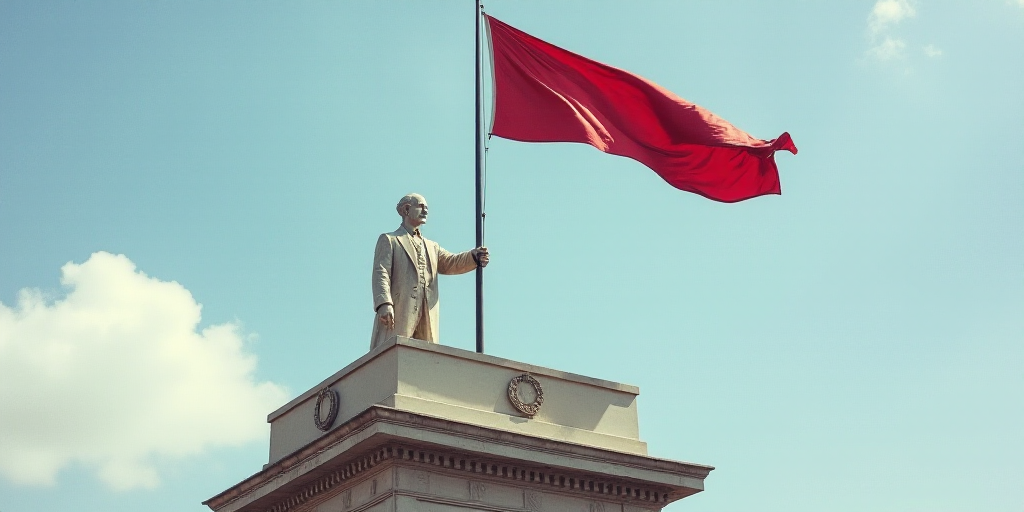Background on the Migrants and Their Destinations
The United States Supreme Court has given the green light to President Donald Trump’s administration to deport a group of migrants from various nationalities, including a Mexican national, to Sudan South—a war-ravaged African nation bordering Eritrea, Somalia, and Ethiopia. The deportations follow a series of events that unfolded over the past few months.
The Journey of Migrants to Yibuti
In May, eight migrants were flown from the United States to Sudan South. However, when a court temporarily halted deportations to third countries, these migrants found themselves stranded at a US military base in Yibuti. The court argued that the migrants were not given a “meaningful opportunity” to challenge their expulsion from the US.
Supreme Court’s Decision
On June 23, the Supreme Court lifted the stay and allowed deportations to third countries. Justices Sonia Sotomayor and Ketanji Brown Jackson dissented from the decision.
Profiles of Migrants Facing Deportation
Among those facing deportation are two Cubans: Enrique Arias Hierro, accused of homicide and armed robbery, and José Manuel Rodríguez Quiñones, convicted of attempted murder and cocaine trafficking, according to the Department of Homeland Security. The Mexican national, Jesús Muñoz Gutiérrez, was sentenced to life in prison for murder. There are also two Burmese nationals, a Vietnamese, a Laotian, and a South Sudanese individual.
Concerns Raised by Dissenting Justices
Justice Sotomayor expressed her concerns, stating, “What the government seeks to do is send people who were unlawfully expelled from the US to countries where they may be tortured or killed, handed over to authorities without regard for their safety.”
Key Questions and Answers
- Who are the migrants involved in this case? The group consists of eight individuals from various nationalities, including two Cubans, a Mexican national, and others from Burma, Vietnam, Laos, and South Sudan.
- Why were these migrants in the US? The migrants were in the US for various reasons, but some faced criminal charges related to violent crimes.
- What is the destination of these deportations? The US Supreme Court has authorized their deportation to Sudan South, a country affected by ongoing war and instability.
- What are the concerns raised by dissenting justices? Justice Sotomayor expressed worry that the deportees might face torture or death in their destination countries.
Context and Impact
The decision by the US Supreme Court has significant implications for migrants facing deportation, particularly those from countries with histories of conflict and human rights abuses. Critics argue that sending individuals to such destinations disregards their safety and well-being, potentially exposing them to torture or even death. The case highlights the complexities of immigration policies and their consequences for vulnerable populations.






